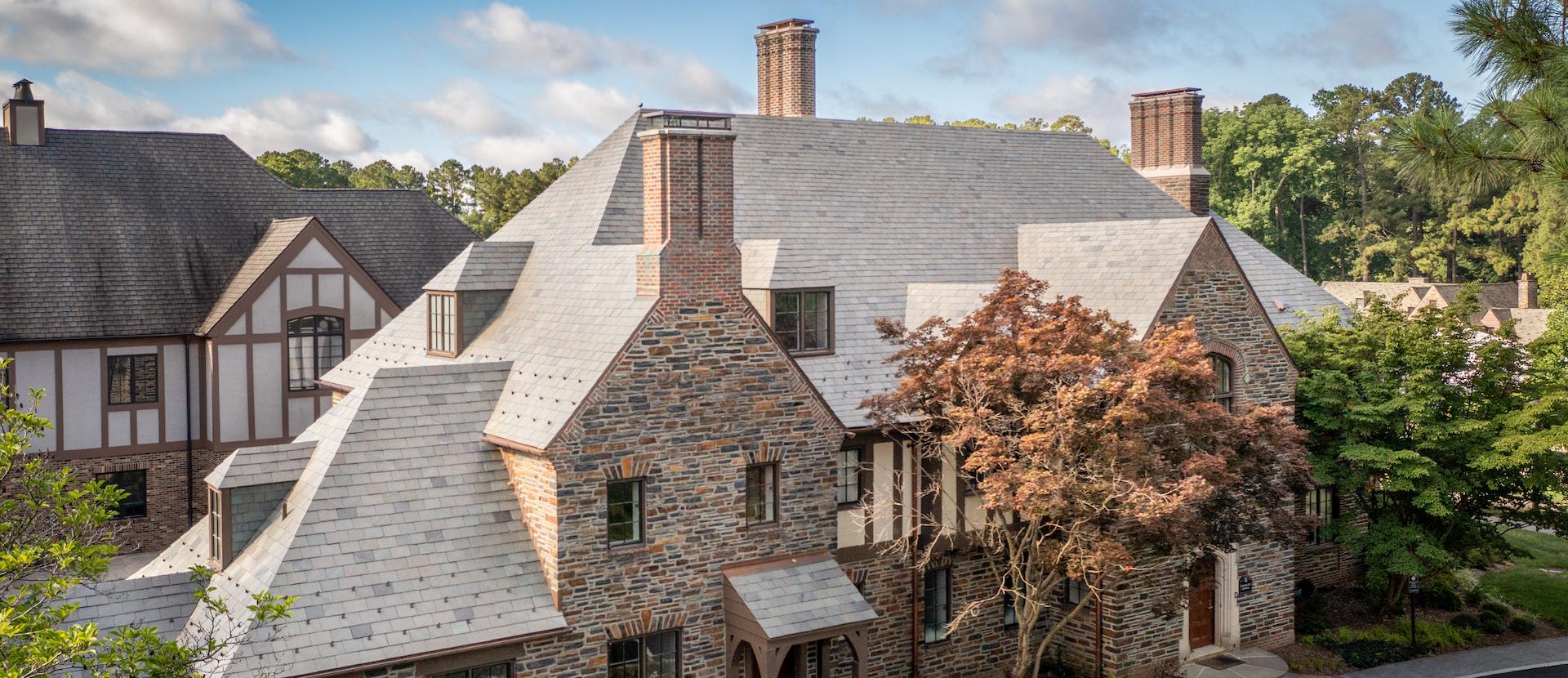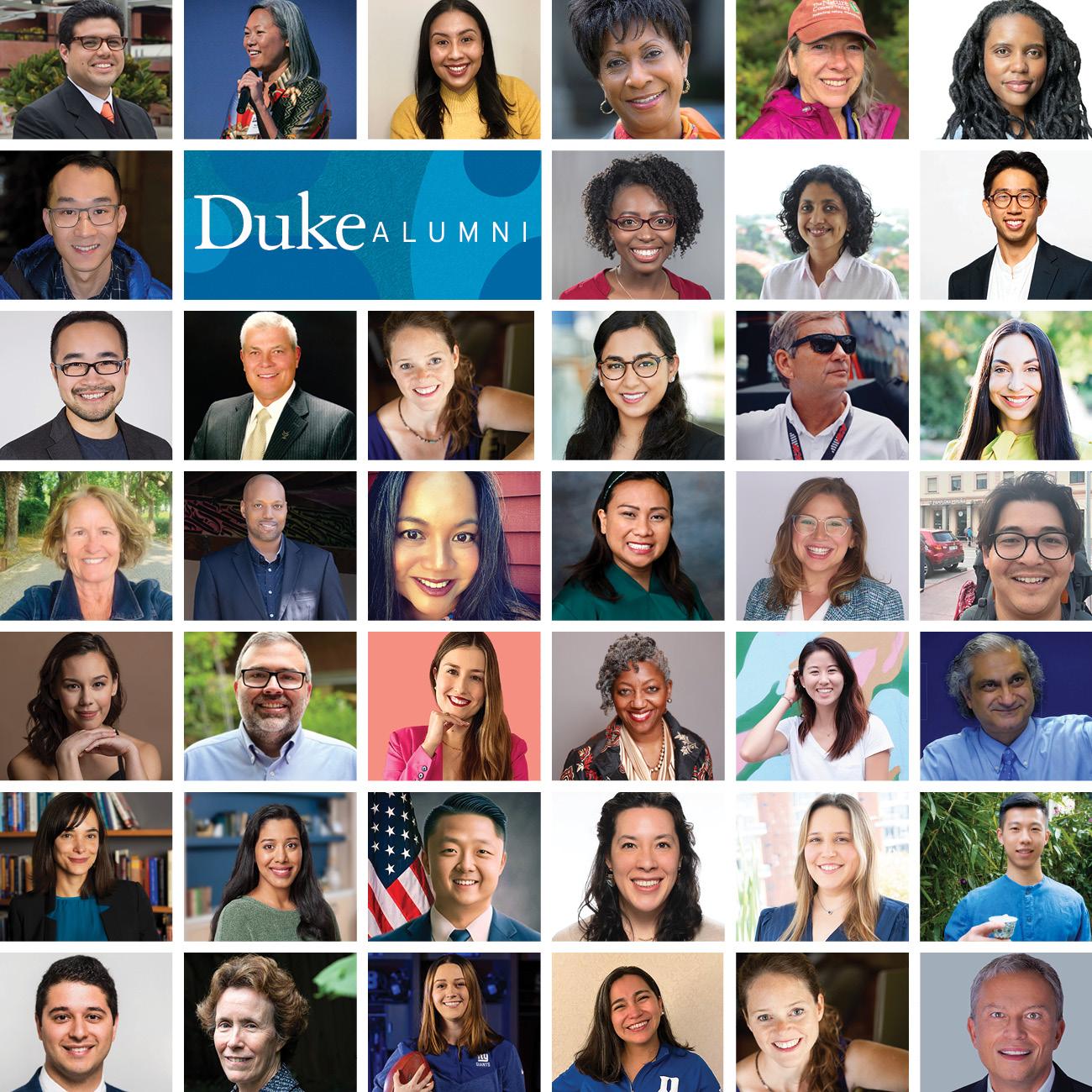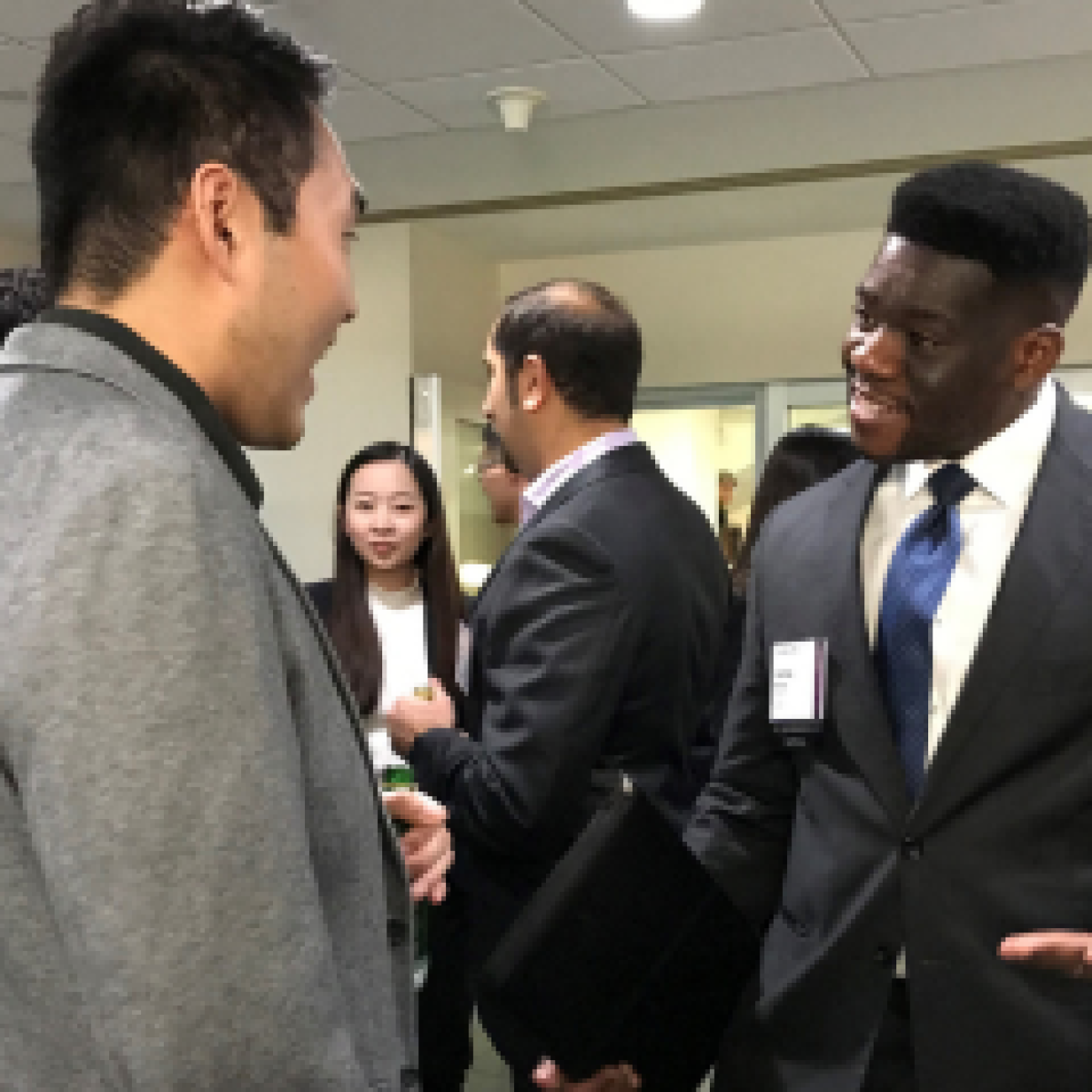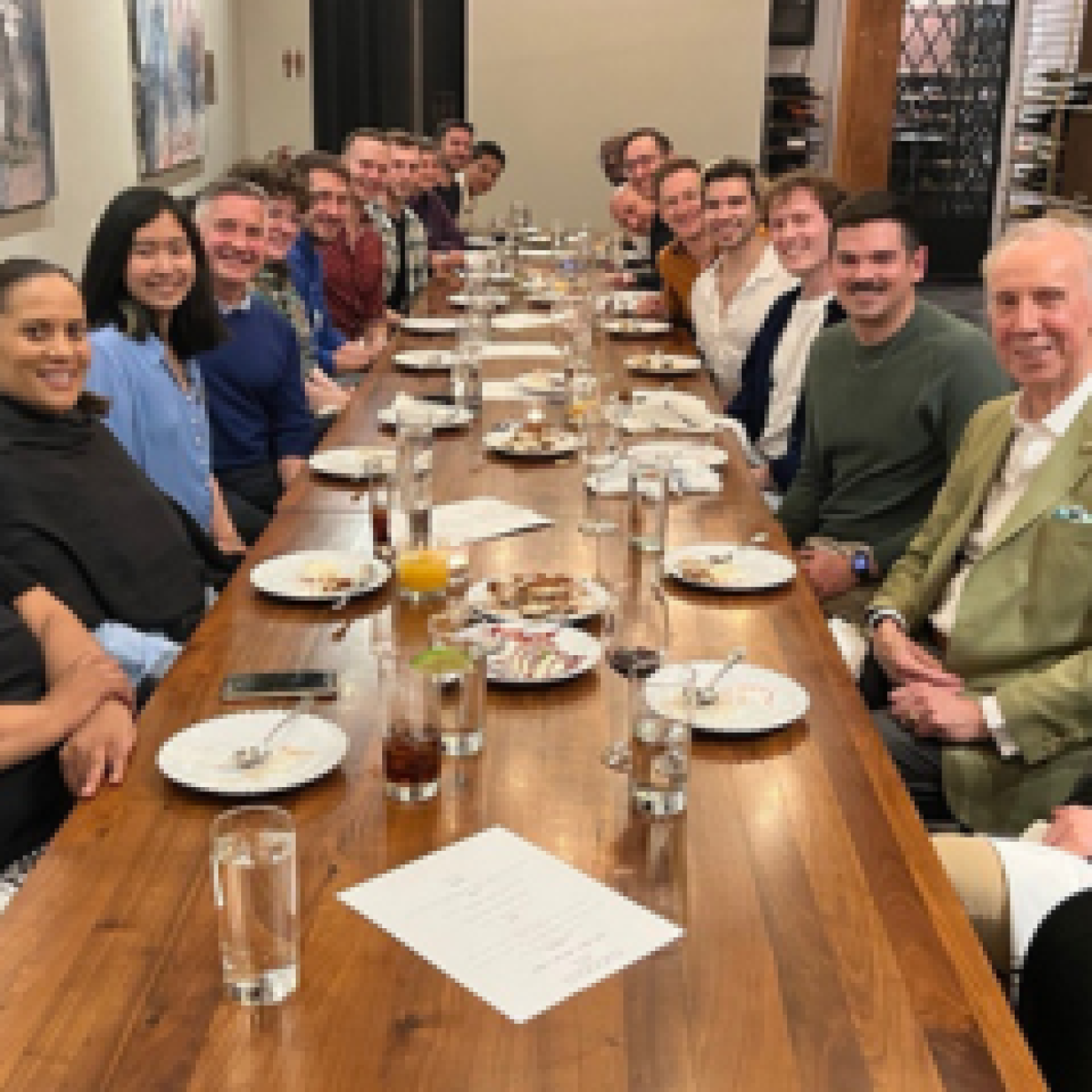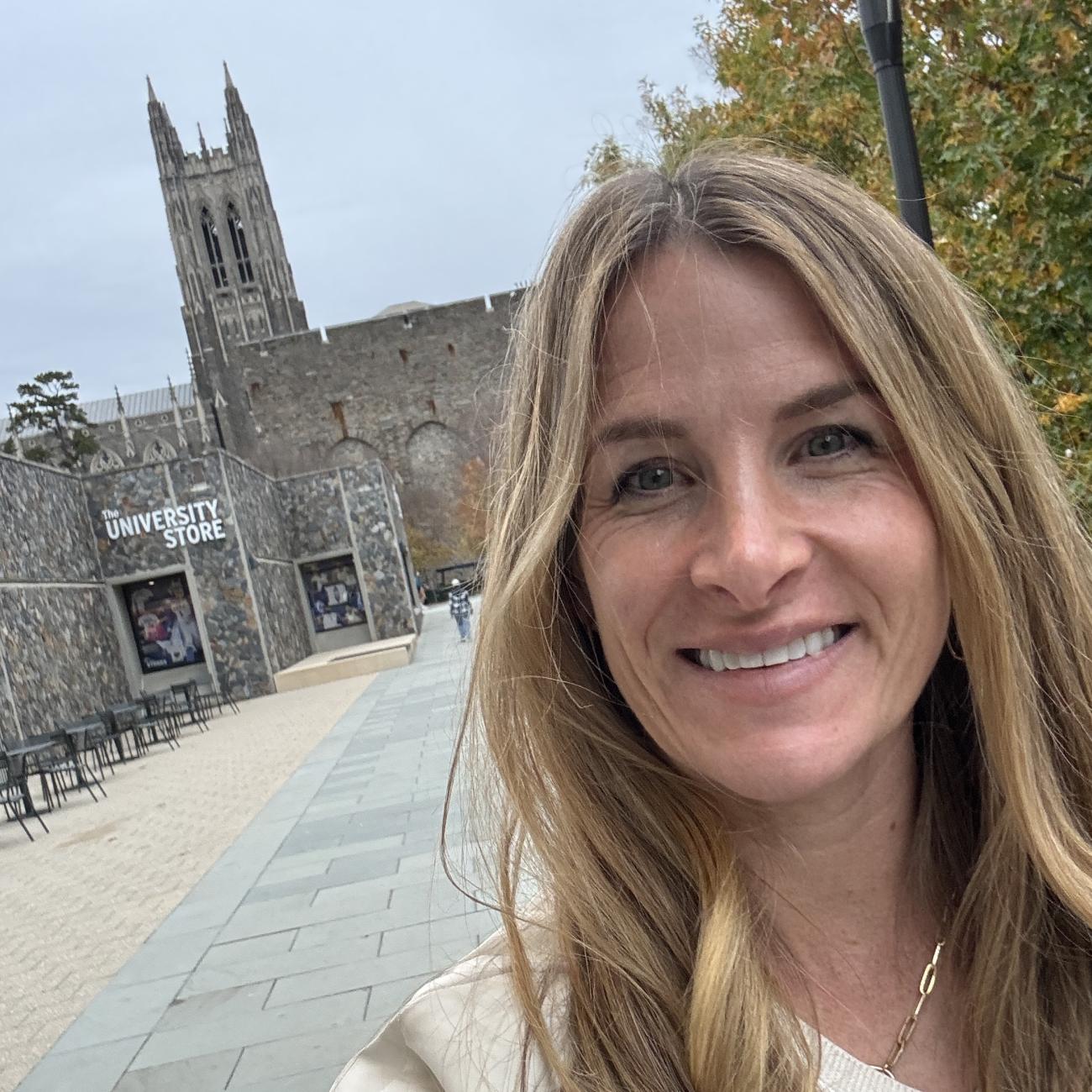2024 Distinguished Alumni Award Goes to Jill Tiefenthaler, First Woman to Serve as CEO of National Geographic Society
From academic to administrator, and from economist to environmentalist, Jill Tiefenthaler, Ph.D., has met each new opportunity with a willingness to listen and a desire to make a difference.
Jill Tiefenthaler’s noteworthy accomplishments in higher education, along with her continued success as the first woman to serve as CEO of the National Geographic Society, tell a compelling story of possibility, adaptability, and impact.
According to Tiefenthaler, her graduate program at Duke provided a "rigorous, broad education" that continues to serve her well in her career. It is therefore all the more fitting that the Duke Graduate School has selected her for the 2024 Distinguished Alumni Award.
Tiefenthaler will accept the award at The Graduate School’s Ph.D. Hooding Ceremony on Saturday, May 11.
Women as Economic Subjects
Tiefenthaler earned her M.A. and Ph.D. in Duke’s Department of Economics in 1989 and 1991, respectively, at a time when there were very few women in the department or field. Even so, Tiefenthaler found the inspiration and support she needed from her teachers and mentors.
“As an undergrad at St. Mary’s College, I was so inspired by my professors and loved the life of the mind. And when I went to Duke, I continued to be inspired,” says Tiefenthaler. “Marjorie McElroy and Anne Krueger were my two advisors, and they were both integral to my time there.”
Not only did these women professors serve as strong mentors to Tiefenthaler, but they also helped lay the foundation for an interdisciplinary approach to economics. In fact, McElroy’s groundbreaking work on household bargaining opened the door to Tiefenthaler’s specialized focus on women and the family, in addition to labor economics.
“While I worked at domestic violence shelters at St. Mary’s and in Durham, I never thought I would be able to put that together with my training as an economist,” says Tiefenthaler. “But I eventually saw that the economic opportunities women had were such a critical part of whether they were able to leave difficult relationships or not.”
Tiefenthaler found a friend and collaborator in her classmate, Amy Farmer (Ph.D.'91 Economics), as they both took an interest in research at the intersection of economics and domestic violence.
“We went on to publish multiple articles together after meeting in class and bonding as the two women from our cohort who finished the Ph.D.,” says Tiefenthaler.
Balancing Career and Family
After graduating from Duke, Tiefenthaler served as assistant, associate, and then full professor of economics at Colgate University from 1991 to 2007, also serving as associate dean of the faculty from 2003 to 2006.
In 2007, Tiefenthaler became the first woman provost of Wake Forest University, where she established the Institute for Public Engagement, the Humanities Institute, and several research centers.
“My intention was to be an academic; I never really intended to do all these other things, like administration,” says Tiefenthaler. “But the background I had as an economist was a super valuable toolkit in my life as an administrator.”
Tiefenthaler’s career saw further advancement in 2011 when she became president of Colorado College. While she successfully raised funds and implemented initiatives to support engaged teaching and learning, she says that the role did not come without its challenges.
“The biggest challenge was the balance between work and family. I have two children, and they were very little when I started in administration,” says Tiefenthaler. “Moving from a job where there is much more flexibility, to one that is quite rigid, was a big transition for me. And it was only possible because I am married to a very supportive academic husband.”
We All Can Make a Difference
While challenging, Tiefenthaler’s time at Colorado College was also rewarding and purposeful. Tiefenthaler led the college in achieving carbon neutrality and built the largest net-zero academic library in the country.
“Growing up on a farm, I was always closely connected to the natural world,” says Tiefenthaler. “When I moved to Colorado, it reignited a lot of that passion for the outdoors just because it’s such a stunning place.”
After a "year of listening" to the needs of students and faculty and sharing her findings in a 2012 bulletin, Tiefenthaler found that many on campus shared a desire to prioritize environmentalism.
“We were starting to really feel the devastation of biodiversity loss and climate change. And as a college president, being surrounded by a generation who cared so deeply about these issues catapulted it to the front of my agenda,” says Tiefenthaler.
“We took those initiatives not only for the good of the planet but also for the mental health of our students, so people can understand that we do have agency and we all can make a difference.”
The “Superpower” of Storytelling
It is no surprise that Tiefenthaler’s passion for nature and environmentalism would lead her to her current position as CEO of the National Geographic Society, which she began in August 2020.
Just as she spent the first year at Colorado College listening to campus needs, Tiefenthaler began her new role with a three-month Listening Tour, gaining input from more than 400 members of the global National Geographic community and establishing a new strategic plan.
Building on well over a century of nonprofit excellence, the new plan aims to drive significant impact at a time when the stakes are increasingly high.
“We have a very audacious mission to illuminate and protect the wonder of the world. And we do that by contributing to science through big conservation projects, and through education and storytelling,” says Tiefenthaler. “We often talk about how storytelling is actually our superpower at National Geographic.”
Tiefenthaler’s background in economics continues to be a boon in driving philanthropic donations to the organization’s global nonprofit work. And when it comes to fundraising, Tiefenthaler holds that the National Geographic Society is not so different from higher education.
“I think both in academia and here, the key is putting the right people up front. At the college, it was always the students and faculty; here at National Geographic, it’s our Explorers. Our mission is to support them in telling their stories, and I think that's where you get really successful fundraising,” says Tiefenthaler.
The Rewards of Diversity and Mentorship
While Tiefenthaler is now working outside of university systems, her time as both a professor and a college administrator continues to enrich her life and profession.
“I still hear from some of my former undergraduates who now have Ph.D.s in economics. And some of the people I worked with at Wake Forest, Colorado College, and Colgate have gone on to become college presidents and provosts,” says Tiefenthaler.
“That ability to use one’s own experiences and position and pay it forward was so important in my own life. As a farm girl from Iowa getting to where I am today, there were a lot of important mentors along the way. The thing I’m most proud of is being able to do that same thing for others,” Tiefenthaler adds.
Additionally, Tiefenthaler has a long-standing commitment to diversity, equity, and inclusion, partly because of her experience “being the only woman in the room, or one of few.”
“One of the most important things I've learned is that DEI is not only the right thing to do—it’s actually critical to excellence and to having the best teams, the strongest outcomes, and the most innovation,” says Tiefenthaler. “I learned in economics how important it is to have different backgrounds and viewpoints, and I’ve found that to be true over and over again.”
If there’s one piece of advice that Tiefenthaler can share with young people today, it’s to focus on being more present, even when distractions and social negativity make this difficult.
“Everyone's so worried about what's next, or what they're not doing, or what they're missing, or where they need to go. So sometimes, not only are they not doing their best work in the job they're currently doing, but they’re also not enjoying the little things and the people around them as much,” says Tiefenthaler.
“All the great opportunities that I’ve gotten are from doing what I’m doing right now, really well. And that’s where the most fulfillment in my work has come from,” she adds.
Forever Duke
As a Duke alumna, Tiefenthaler says that she gained so much from her time here at Duke—from mentorship and professional opportunities to happy memories with her husband and lifelong friends.
Since her transition to the National Geographic Society, she has become more involved with current Duke students in both formal and informal ways.
“During the pandemic, I did a lecture for the Nicholas School of the Environment, and now I’m doing a video for some students for an upcoming event,” says Tiefenthaler. “And once, when I was giving a talk at the Aspen Ideas Festival, a Duke graduate student working on oceans approached me. I connected her with folks at National Geographic, and now she’s one of our Explorers.”
The Graduate School is honored to present Tiefenthaler with the Distinguished Alumni Award, both for the impact she has made in her professional career and for her continued engagement with her alma mater.







